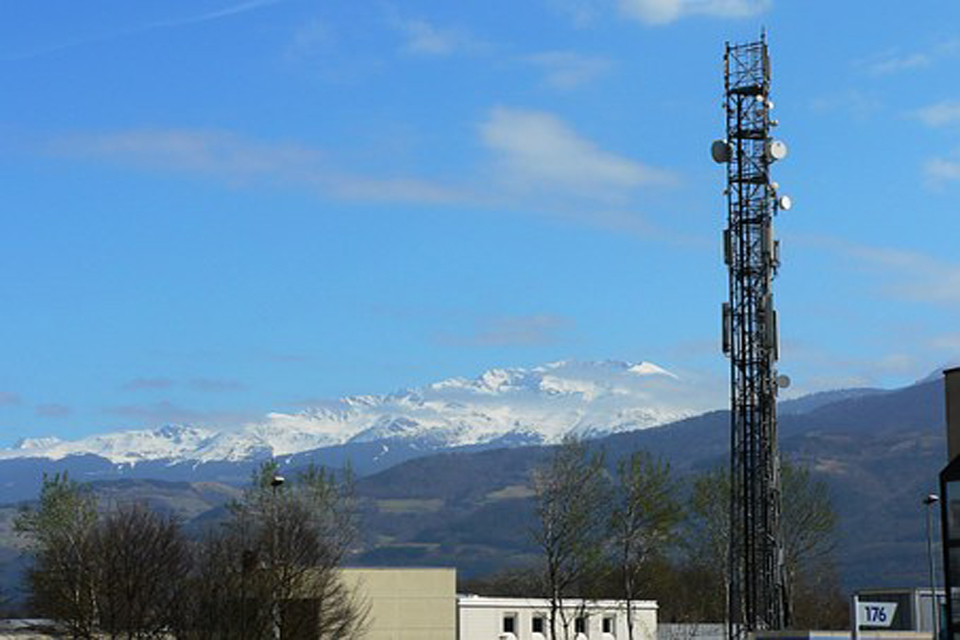Telecoms networks attacked the most by hackers
https://cybersecureforum.co.uk/wp-content/uploads/2017/10/antenna-175147__340.jpg 960 640 Stuart O'Brien Stuart O'Brien https://secure.gravatar.com/avatar/9defd7b64b55280442ad2d7fb546a9db?s=96&d=mm&r=gTelecoms organisations face the most DNS-based attacks, and each attack costs companies an average of £460,000 to remediate, according to a new cyber security report by EfficientIP.
EE, TalkTalk and other recent outages remind us of the pressure telecoms and their networks are beginning to face due to the rise of edge computing, mobile app usage and on-demand videos to name a few.
The findings from EfficientIP research on the global telecoms industry shows how much access into DNS Server is valued by cyber criminals. A successful cyber breach on a telecoms organisation could lead to a loss of revenue for businesses due to slower internet connections and no landline telephone services. The research found four key themes:
DNS-based attacks cost organisations globally £1.7 million on average every year across several industries.
- 76% of all organisations globally were subjected to a DNS attack in the past twelve months, and 28% suffered data theft.
- 42% of all respondents in the UK spent an entire business day (six hours) to restore their systems.
- Top five security threats for Telecoms organisations are: DDoS (42%), Malware (36%), DNS Tunnelling (31%), Cache Poisoning (28%) and Zero-Day Exploits (20%).
Telecoms have suffered more attacks than any other sector surveyed, with organisations admitting to having faced four attacks on average over the last twelve months.
The average cost to fix a single attack is £460,000 in the telecoms sector, the highest in the survey. To put that into perspective, the average cost for the healthcare sector is £210,000.
Furthermore 5% of telecoms organisations surveyed admitted an attack cost them more than £3.75 million.
A quarter of telecoms organisations (25%) admitted they have lost sensitive customer information as a result of a DNS attack. This is higher than any other sector surveyed.
For 42% of telecoms companies surveyed, attacks resulted in in-house application downtime, which causes poor customer experience online. This number is the highest in the survey, tied with education (42%) and services (42%), followed closely by manufacturing (39%) and retail (37%), the lowest number going to the public sector (28%).
As recent cyber-attacks showed how crucial patching was to avoid easy exploits, telecoms have only applied an average of four patches out of the 11 critical patches recommended by ISC in 2016.
EfficientIP’s CEO, David Williamson, points out that recent news makes it more urgent than ever Telecoms organisations protect their networks from DNS-based attacks and improve their network management tools.
He said: “Telecoms organisations need to adapt to the new surge of cyber-attacks and cannot use yesterday’s security technology for today’s problems, otherwise short and long term costs could strike a severe blow to company revenues.” He added: “To face recent industry challenges and customers’ high performance expectations, the communications sector needs to change their approach to network management and incorporate automation as quickly as possible.”


